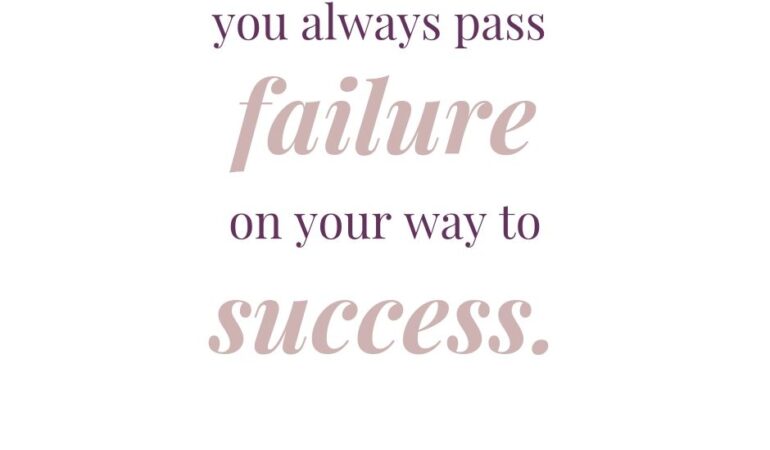Yesterday I went to an event and heard Marcus Lemonis speak. Marcus is the entrepreneur and investor who stars in the TV show The Profit.
Marcus never even took the stage in front of the 4,000 people gathered at the Sears Center, except during one short segment when he interacted with six women he’d called up. Instead, we heard his voice before we saw him.
“What does it feel like to be invisible?” he asked. He was making his way through the dimly-lit crowd.
His answer was: lonely. He spent the next hour sharing things he said most people don’t know about him: that he was an awkward, overweight kid who suffered from depression and that he still struggles with an eating disorder and social anxiety.
He called on people in the audience to share something embarrassing that most people don’t know about them.
He was asking us to take a deeper look at how and why we want to be seen, to ask: what’s really important? What motivates me? Why am I here? Why do I want the things I want?
It wasn’t the flashy, rah-rah, how-to-be-successful-in-business talk I was expecting. It was real and emotional.
And much of it was about failing.
In fact, Marcus said that his motivation to make The Profit has never been about helping people make money; rather, he wants to let people know that it’s okay to fail and to ask for help.
He admitted that he was one of those people who needed a hand up and he challenged every person in the arena to commit to helping someone who needed it.
His message at this motivational, wealth-building convention was not about success. It was about connecting with people and sharing struggles as a way to uplift others.
He does it in his role as a businessman. You do it as a writer.
When you express yourself, whether through memoir or fiction, you’re connecting with someone. In order to do that, you have to allow yourself to try and to fall short.
As a writer, you probably think a lot about failure. You know that conflict is the key ingredient in any good storytelling and conflict usually includes winning or losing. You know that you can use this in your work to reveal important and profound lessons.
But you probably experience failure too, in a hundred different ways.
You may feel lonely and invisible.
You may start your story and never finish.
You may finish but never be published.
You may be published but never make any money.
Whatever goal you hope to achieve by writing may always remain just beyond your reach. But if you understand why you do it, you’ll do it anyway.
You’ll let failure be an option. Because it always is—it’s a necessity, an opportunity, and a reality. And examining reality is a writer’s greatest motivation and gift.









